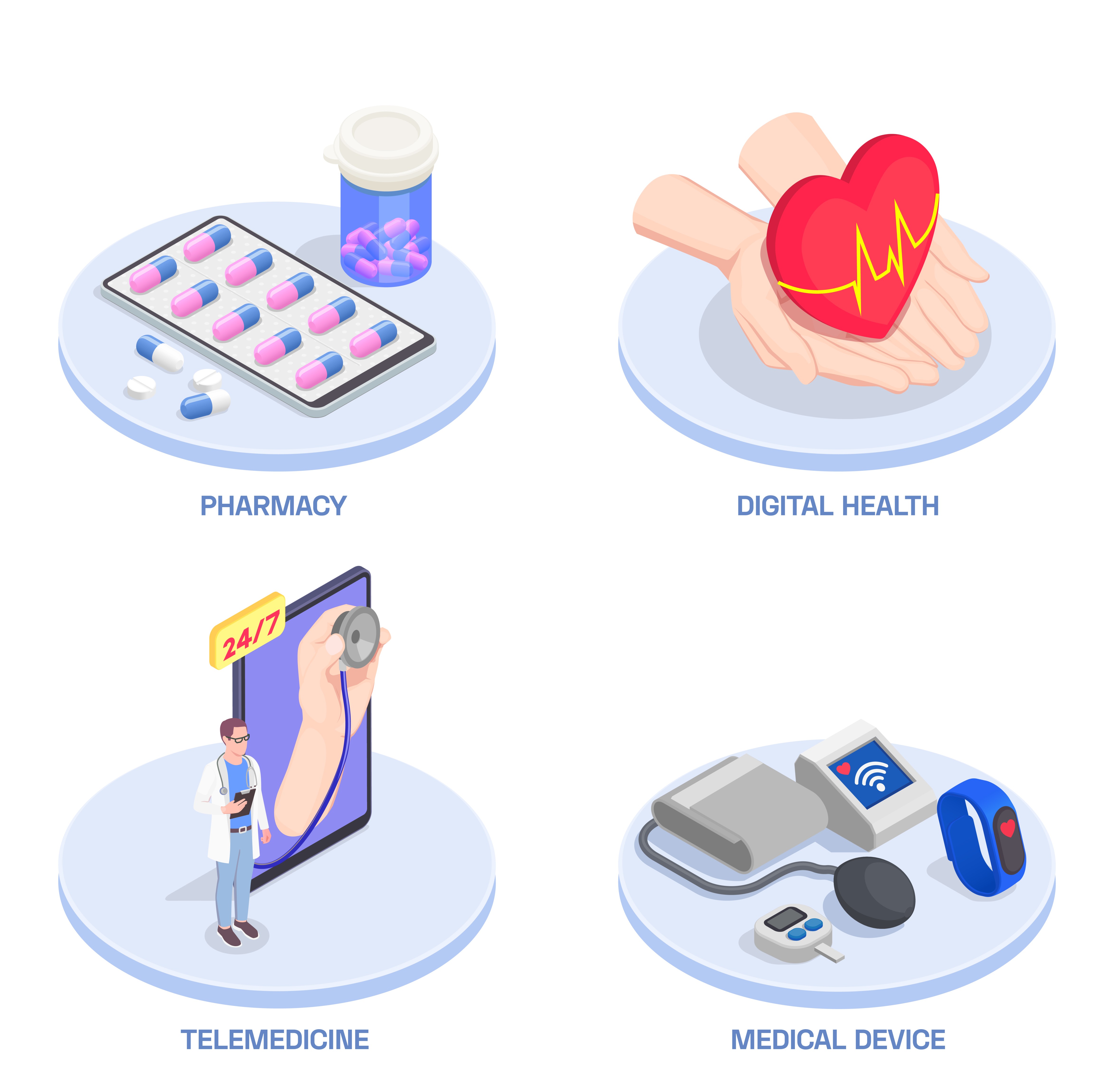
Treatment Options for Congestive Heart Failure: Medications and Procedures
Introduction: Living with Congestive Heart Failure (CHF) requires a multi-faceted approach to treatment. In addition to lifestyle changes, medications and procedures play a crucial role in managing the condition. Let’s explore these treatment options in simple terms, empowering you to understand your choices and work with your healthcare team towards better heart health.
Medications:
- ACE Inhibitors/ARBs: These medications help relax blood vessels, lower blood pressure, and improve blood flow, reducing strain on the heart.
- Beta-Blockers: Beta-blockers slow down the heart rate, decrease blood pressure, and improve heart function by reducing the workload on the heart.
- Diuretics: Also known as water pills, diuretics help remove excess fluid from the body, relieving symptoms like swelling and shortness of breath.
- Aldosterone Antagonists: These medications help reduce fluid buildup and improve heart function by blocking the effects of aldosterone, a hormone that can worsen CHF symptoms.
- Digoxin: Digoxin helps strengthen the heart’s contractions and regulate heart rhythm in some cases of CHF.
Procedures:
- Implantable Devices: Devices like pacemakers and implantable cardioverter-defibrillators (ICDs) can help regulate heart rhythm and prevent life-threatening arrhythmias.
- Cardiac Resynchronization Therapy (CRT): CRT involves implanting a special device that coordinates the contractions of the heart’s chambers, improving its efficiency.
- Heart Valve Repair or Replacement: Repairing or replacing damaged heart valves can improve blood flow and relieve symptoms of CHF.
- Coronary Artery Bypass Grafting (CABG): In severe cases of CHF due to coronary artery disease, CABG surgery may be recommended to bypass blocked arteries and restore blood flow to the heart.
Conclusion: Treatment for Congestive Heart Failure is multifaceted, involving medications to manage symptoms and procedures to improve heart function. By understanding these options, you can work with your healthcare team to develop a personalized treatment plan that optimizes your heart health and quality of life.
To seek medical advice, always consult a Doctor. Here are our recommended experts. Click here
To read more on Heart Disease . Click Here


